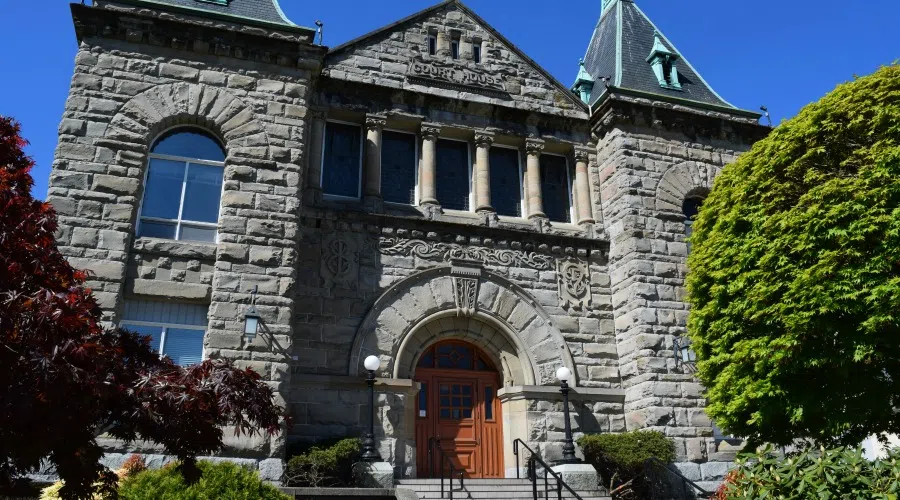
Possible precedent-setting privacy case involving a former councillor heard in Nanaimo courts
NANAIMO — The attorney general of B.C. says it doesn’t matter what was said in controversially leaked confidential emails from Nanaimo’s former mayor, only that all copies be destroyed and removed from social media.
AG representative Michah Rankin petitioned Supreme Court Justice Douglas Thompson on Wednesday to grant two orders against former city coun. Gord Fuller and his friends Tim McGrath and Matt O’Donnell. O’Donnell didn’t attend and allegedly hadn’t filed recent responses to the courts.
The first order sought is for the respondents to delete any copies they have of what’s known as the Integrity Letter, written by former Nanaimo mayor Bill McKay to a mediator about his thoughts on fellow councillors, and legal letters from coun. Diane Brennan’s lawyer.
The second request is they delete all social media posts sharing the confidential documents, which were widely available on Facebook starting in 2015.


